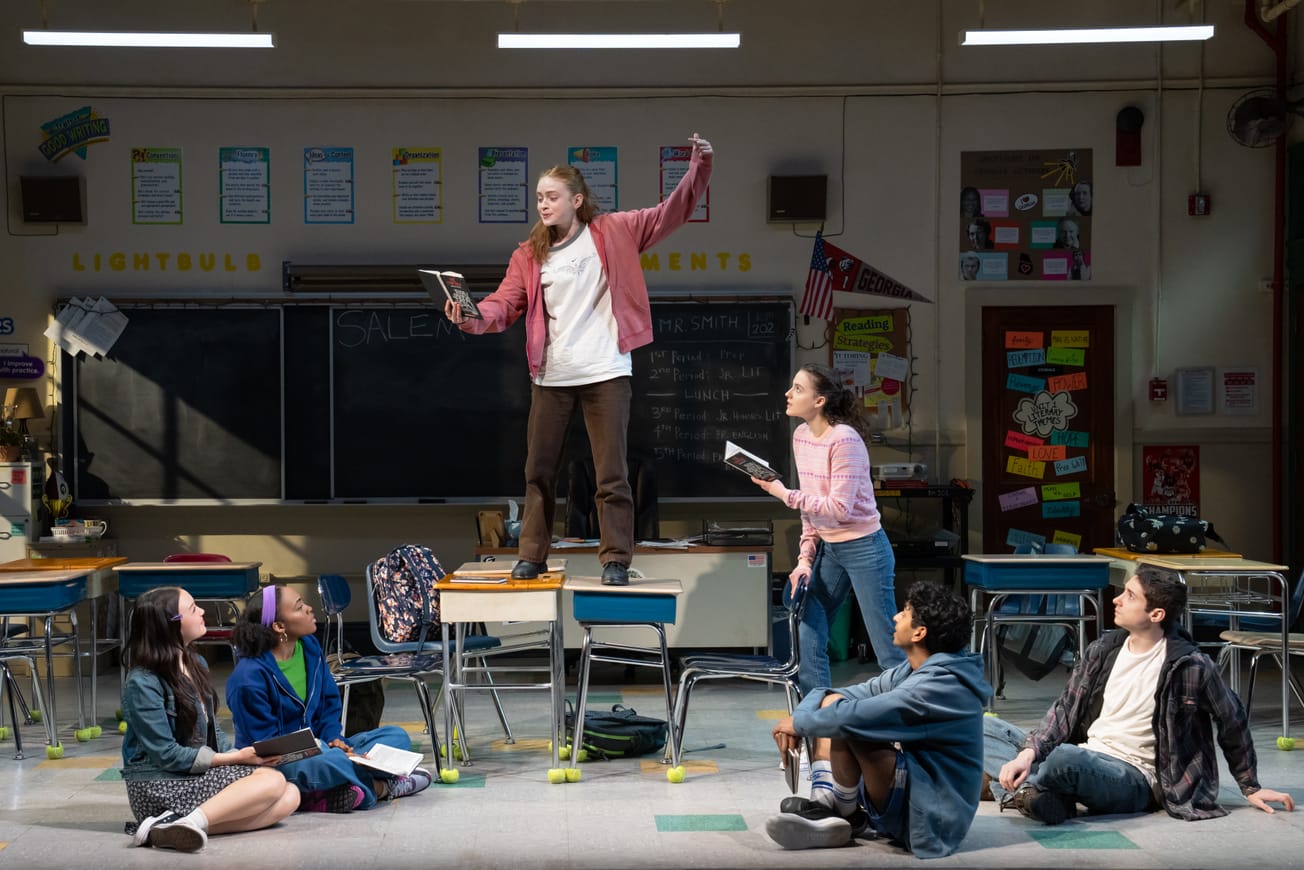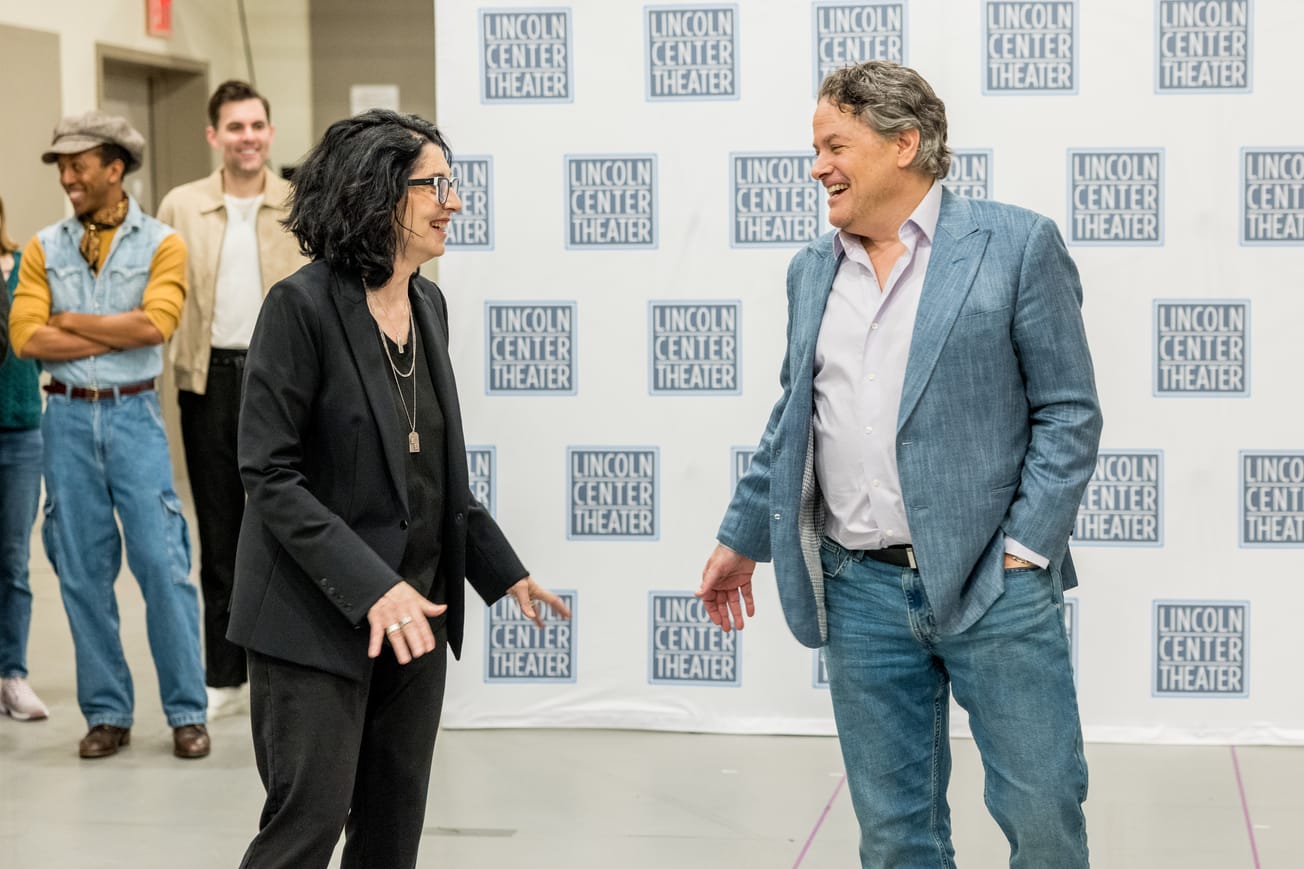Americans for the Arts (AFTA) have released results of a new study. The Arts and Economic Prosperity 6 Study (AEP6) examined the financial and social effects of the arts and culture sector in the United States. Oscar winner Rita Moreno presented preliminary findings in a virtual presentation on Oct. 12.
AFTA is an organization dedicated to increasing awareness and support for the value of the arts in America through research, public advocacy, networking and more. During the COVID-19 shutdown, AFTA was instrumental in demonstrating the economic impacts of the pandemic on the entire arts industry, including Broadway. AFTA works so that the arts are always taken into consideration when it comes to the economy, policy, education and more. Large-scale AEP6 research studies have been conducted every five years since 1994.
This most recent study, AEP6, examined 373 regions from all 50 states and Puerto Rico across rural, suburban and urban communities. Over the course of 18 months, AFTA surveyed 224,000 audience members and 16,400 arts and culture organizations. AEP6 expanded on years past to include more organizations that serve or represent BIPOC and ALAANA (African, Latin, Asian, Arab, Native American) communities.
According to the AEP6, in 2022, “nonprofit arts and culture organizations and their audiences generated $151.7 billion in economic activity.” Of this total, $73.3 billion came from direct spending by organizations; an additional $78.4 billion derived from event-related spending by audiences.
This supported 2.6 million jobs, generated $29.1 billion in tax revenue and provided $101 billion in personal income to residents of these areas.
“The data from the AEP6 study is a powerful validation that arts and culture are an economic driver at the community level,” said AFTA president and CEO Nolen Bivens.
Nationwide, attendees spent an average of $38.46 at arts and culture organizations; attendees at institutions specifically serving a community of color spent an average of $38.29. This shows that spending by locals is nearly identical across the board.
“One of the things we learned through this inclusion-based research is that the economic and community impacts among BIPOC and ALAANA organizations are nearly identical to the overall national average,” said AEP6 director of community engagement and equity Dr. Genna Styles-Lyas. “These findings should initiate new, and escalate existing, critical funding conversations about BIPOC and ALAANA organizations receiving fair and proportional financial support. It’s exciting to see this as a possible outcome of these findings.”
Additionally, of those surveyed, 79 percent say arts and culture is important to their community’s businesses, economy and local jobs; 86 percent say arts and culture is important to their community’s quality of life and livability.
“Music and the arts are the foundation of vibrant communities and help us connect, understand, and inspire one another — all while driving economic growth, creating rewarding jobs and careers, and powering our culture forward,” said chairman and CEO of the Recording Industry Association of America Mitch Glazier. “Americans for the Arts’ latest Arts and Economic Prosperity report does a vital service documenting the facts on the ground of the U.S. creative and nonprofit economy and offers valuable lessons and opportunities for communities seeking to boost their own arts footprint and activities.”
AFTA has partnered with multiple organizations to disseminate and further explain these results to their sub-sectors of the industry. The partners include Actors’ Equity Association, African Diaspora Consortium, Arts & Planning Division (American Planning Association), Black Legislative Leaders Network, Department for Professional Employees, American Federation of Labor and Congress of Industrial Organizations, Destinations International, International City/County Management Association, Independent Sector, National Association of Counties, National Conference of State Legislatures, National Alliance of Community Economic Development Associations, National Independent Venue Association, National Organization of Black Elected Legislative Women, Race Forward, Recording Industry Association of America, The Conference Board and U.S. Conference of Mayors.
For the full findings of AEP6, click here.


























































